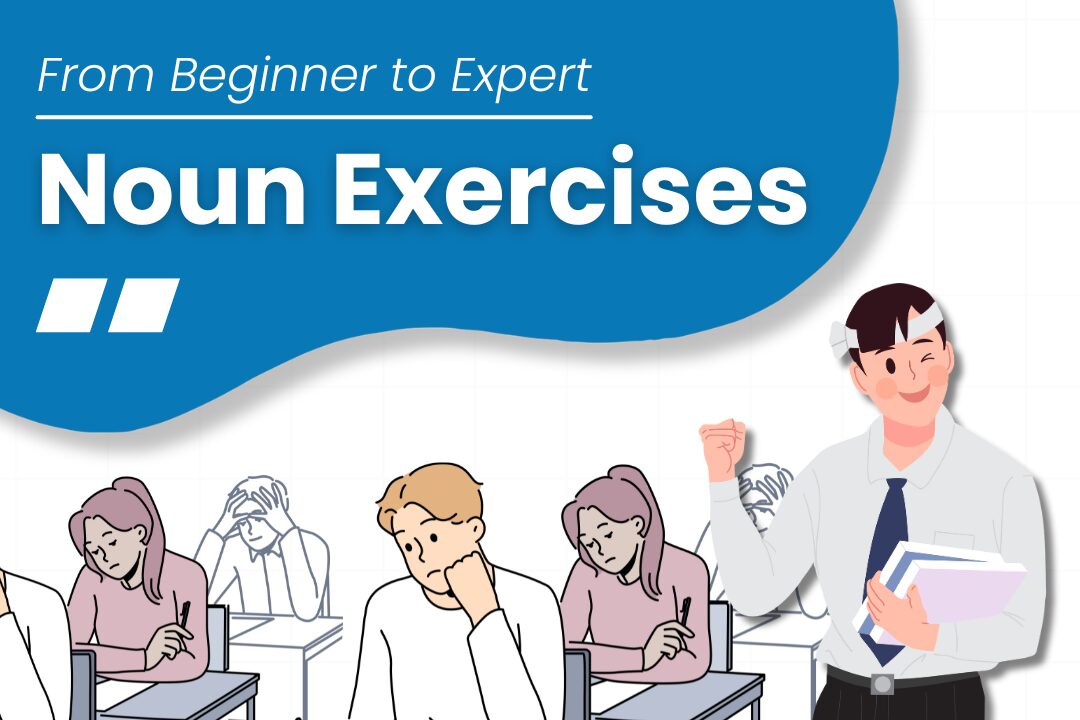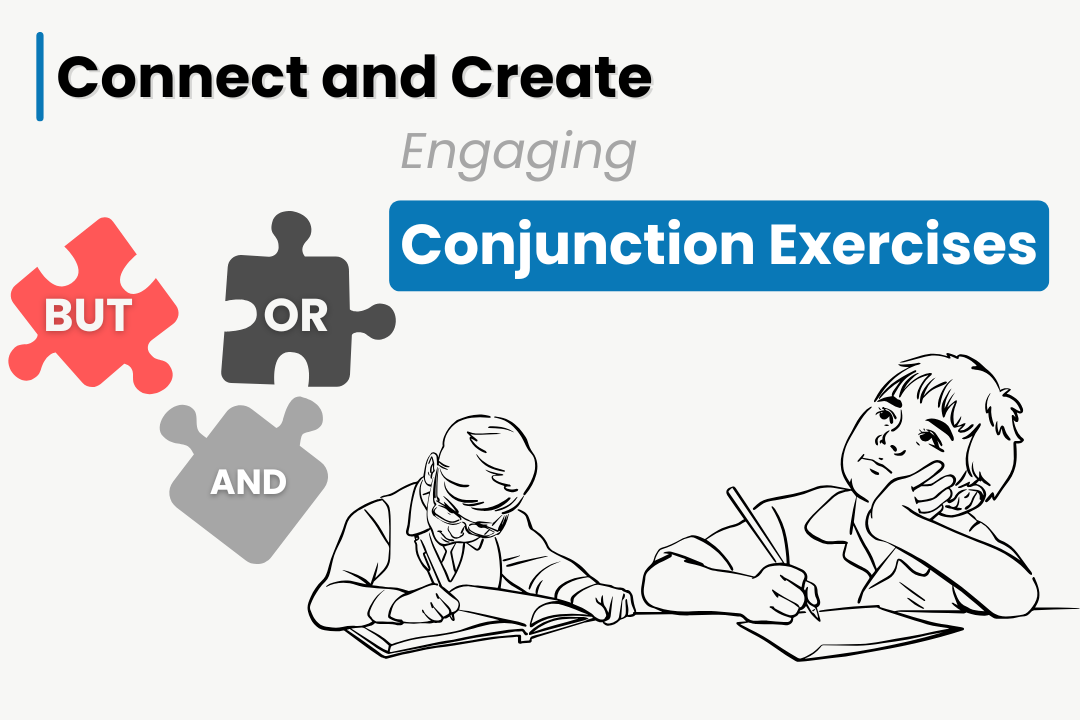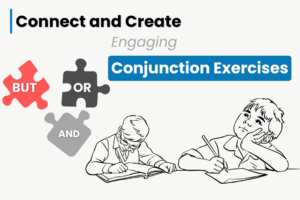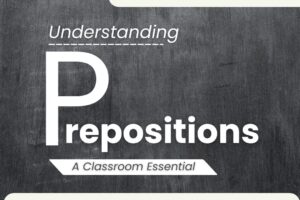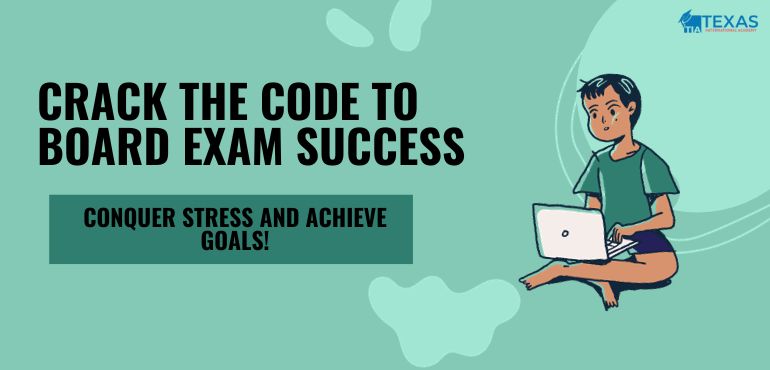
Students appearing for board exams for the first time can experience stress and anxiety. The pressure to perform well, the fear of disappointing your loved ones, and the relentless academic stress can all lead to crippling anxiety, often exacerbated by peer pressure. However, it’s essential to remember that you can navigate these challenges effectively. In this guide, we’ll explore how to stay calm, ace your board exams, stay positive, and manage expectations, all while studying effectively and achieving your goals.
How to Stay Calm During Board Exams?
Here are a few tips to help you stay calm during exams:
- Practice Mindfulness Meditation: Academic stress can make your mind a breeding ground for anxiety. Counteract this by incorporating mindfulness meditation into your daily routine. Do some yoga steps and spend a few minutes inhaling and exhaling deeply. This practice will help you stay calm and concentrated during exams.
- Organize Your Study Schedule: One of the main sources of exam stress is feeling unprepared. Make a study schedule that covers your full syllabus into manageable time periods. By doing so, you don’t have to worry about how many hours to study as the study schedule gives you an estimated amount of time you are going to spend. Stick to the schedule and make sure you cover all topics thoroughly, reducing the last-minute panic.
- Stay Physically Active: Regular exercise will keep you physically fit as it releases endorphins that reduce stress and anxiety. Take a walk, it will help to stay physically and mentally fit.
- Utilize Relaxation Techniques: Explore relaxation techniques such as deep breathing exercises, progressive muscle relaxation, or aromatherapy. It will help you stay calm before or during exams.
How to Ace Your Board Exams?
Here are a few tips that will help you score well in exams:
- Understand the Exam Pattern: To perform well under pressure, you need to know what is going to come in the exam. Go through the exam pattern, the types of questions, and the time allowed for each question to solve. It will help you manage your time effectively during the actual exam.
- Practice with Mock Test: Take advantage of mock tests and previous years’ question papers. It will help you to understand the question paper format and will also help in improving your time management skills and boosting your confidence.
- Healthy Study Habits: Go for active learning strategies like summarizing, teaching others, and discussing concepts with classmates or friends. Avoid in-depth study, as it can increase stress and make you forget other things.
- Seek Help When Needed: If you have any doubt related to any of your subjects feel free to ask for help from teachers, tutors, or classmates. Discussing any topics will quickly solve problems and provide you with extra knowledge and thinking ability.
How to Stay Positive and Motivated During Board Exams?
Follow the tips below to stay positive and motivated during the exam:
- Set Realistic Goals: It is good to aim high and make sure that your goals are achievable. Setting unrealistic expectations can lead to unnecessary stress. Break down your goals into smaller, manageable schedules.
- Celebrate Your Achievements: Whenever you complete a task or perform well in a practice test, celebrate it. Positive reinforcement can help you stay motivated and reduce anxiety.
- Maintain a Support System: Surround yourself with a support system of family and friends who understand the pressure. Talking about your concerns can increase the level of stress.
- Visualize Success: Close your eyes and visualize yourself confidently answering exam questions and receiving your results with pride. This positive imagery can boost your self-confidence.
How to Manage Expectations During Board Exams?
Here are a few points to keep in mind:
- Focus on Your Progress: Concentrate on your own progress, every student has unique strengths and weaknesses, work on your progress and don’t compare yourself to others.
- Accept Mistakes: It’s normal to make mistakes; nobody is perfect. Accepting this fact will relieve the burden of perfectionism and reduce anxiety.
- Stay Away from Negative thoughts: During the exam period try to avoid friends and other people who constantly stress you out or undermine your confidence. Surround yourself with positivity.
- Plan for Relaxation: Build relaxation and leisure activities into your schedule. It can be anything like playing games or hobbies, these breaks are important for maintaining your mental health.
Conclusion
In conclusion, dealing with academic stress and anxiety during board exams is challenging but entirely manageable. By following the above-mentioned strategies into your routine, you can stay calm, stay motivated and will be successful in your board exams. Be confident and believe in yourself and your ability to score well in exams.
FAQs
The causes of stress and anxiety in students during board exams include:
– Academic pressure
– Fear of failure
– Limited time for preparation
– Peer and parental expectations
– Self-doubt
– Overloading with information
These factors are common to create a stressful environment for students.
Short-term effects of stress and anxiety on students during board exams are:
– Impaired performance
– Emotional distress
– Decreased confidence
– Procrastination
Long-term effects may involve the following:
– Mental health issues
– Reduced self-esteem
– Physical health problems
– Career limitations
List of strategies for students dealing with exam stress:
– Study Smart: Create a study plan and stick to it.
– Exercise: Engage in physical activity regularly.
– Healthy Living: Eat well, sleep enough, and limit caffeine.
– Positive Thinking: Challenge negative thoughts.
– Time Management: Plan study sessions and take breaks.
– Support System: Talk to friends, family, or a counsellor.
These strategies can help students effectively manage stress and anxiety during board exams.

